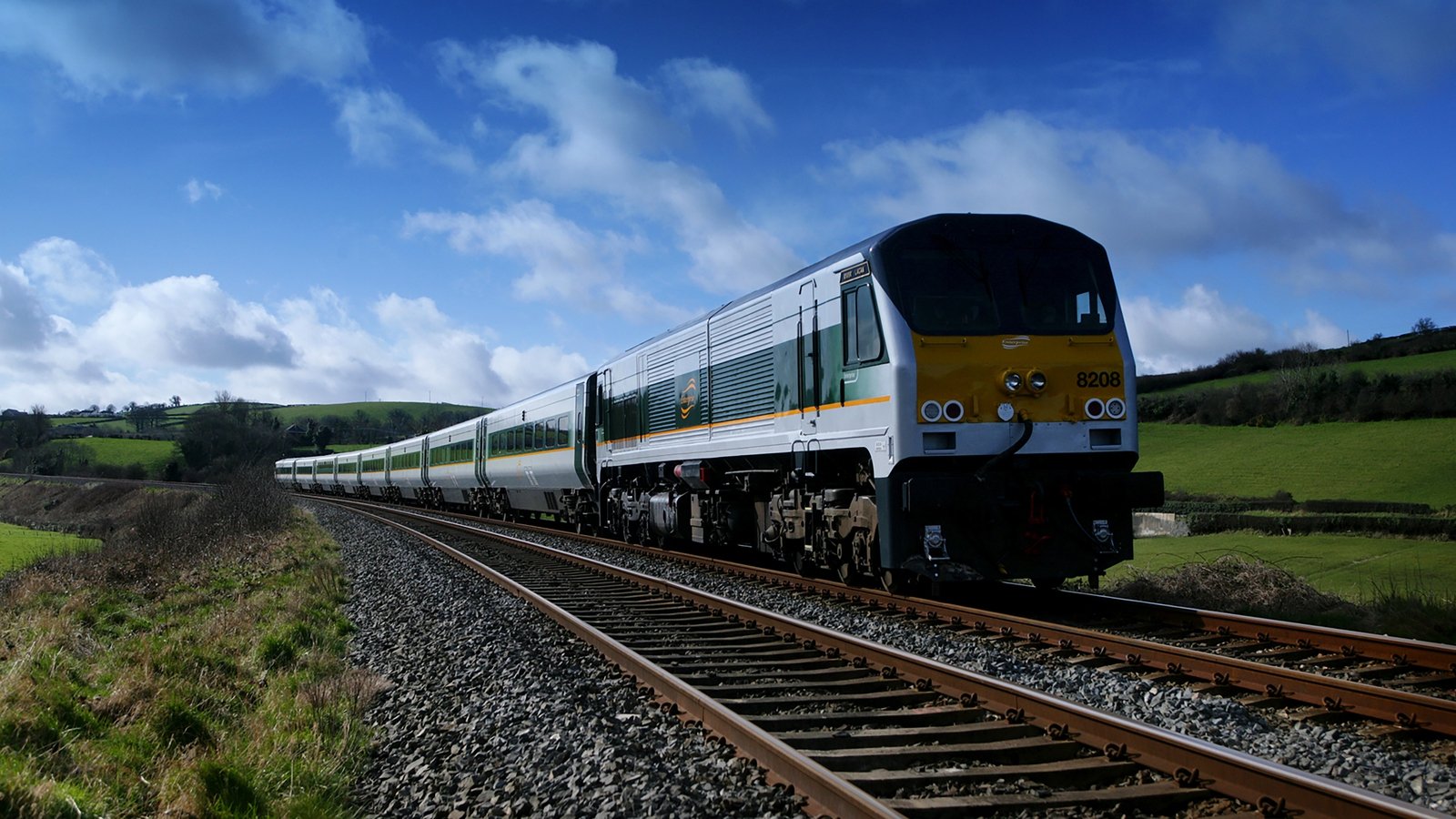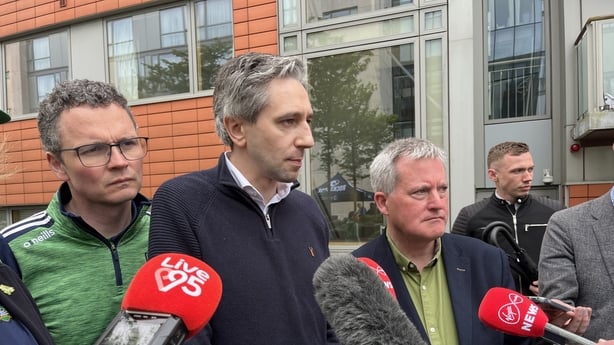Travel
50 people without visas detected coming from UK last week

In the past week 50 people were detected entering the State without the proper visas or documents during garda immigration checks along the border.
The checks were carried out over four days since last Monday, 20 May.
Gardaí said that people found to have entered Ireland illegally and who were refused “leave to land”, were returned to the United Kingdom.
These returns were by ferry from Dublin Port to Holyhead, or to Belfast, depending on individual circumstances.
Gardaí said that these 50 detections are in addition to 107 people detected entering the State without the required visas or identity documents from the last quarter of 2023 up to 20 May this year.
They said that 11 days of action were carried out in the last quarter of 2023. A further 10 days of action took place up to 20 May, with four further days taking place in the past week.
The detections come as 74 tents are pitched along the Grand Canal in Dublin today.
Tents have been pitched along the canal in recent weeks due to the ongoing shortage of accommodation for asylum seekers arriving into the State.
Barricades were put up along the canal on Tuesday after almost 100 tents were cleared from the area as part of a multi-agency operation, the third such operation to happen in a month.
Immigration checks are regularly carried out on the border to detect breaches of immigration legislation and to detect abuses of the Common Travel Area.
They are led by the Garda National Immigration Bureau (GNIB), assisted by roads policing units.
Checks are also conducted in Dundalk on the Belfast to Dublin train line, as it is the first entry point to the State from Northern Ireland.
Gardaí said that checks can be spontaneous or pre-planned.
Gardaí also said that immigration officers work closely with personnel operating buses and trains in the area, and that a human rights based approach is adopted in relation to individuals stopped.
All garda members have completed training in a code of ethics and decision-making models and gardaí said that all checks carried out are “lawful, objective and respectful”.
‘Operation Sonnet’ aims to tackle abuse of the Common Travel Area, with a particular focus on the movement of people between Northern Ireland and the Republic of Ireland.
Gardaí said that GNIB has “significant operational co-operation with the UK Border Force, UK policing services and the PSNI”.
A Cross Border Joint Action Task Force (JATF), incorporating both policing jurisdictions, also works together to monitor and detect illegal immigration, as well as other cross-border criminality.
Intelligence-led operations also allow for background checks on an individual locally, nationally or in other jurisdictions, “in order to ascertain the character of that individual or identify any risks posed”, gardaí said.

‘Compassion with common sense’
Taoiseach Simon Harris said that he believes Irish people want an approach to migration that combines compassion with common sense.
Speaking in Co Limerick this afternoon, Mr Harris said the discussion around migration had to take in “the rules that are in place and the enforcement of the rules”.
While he would not be drawn on the specifics of reports around garda activity regarding people travelling into the jurisdiction from Northern Ireland, he said it was important to ensure there was no abuse of the Common Travel Area between Ireland and the UK.
Mr Harris said that he was encouraged by reports of the garda operation that is being carried out in conjunction with the PSNI, and that reports relating to Operation Sonnet were another example of this.
He said the country was better as a result of migration, but that people also wanted to see common sense injected into the debate.
The Taoiseach said the Government was committed to “making sure we move from an emergency approach around migration to a much more sustainable model”.
“This entails meeting our international obligations in a compassionate manner but also ensuring the law of the land is enforced,” he said.
Mr Harris said there had been an increase in the resources and supports provided to gardaí with around 100 officers, who were doing desk jobs in relation to migration, freed to do more active policing, around deportation in collaboration with the PSNI.
Additional reporting Pat McGrath









